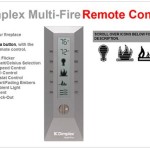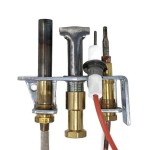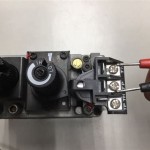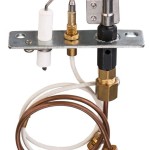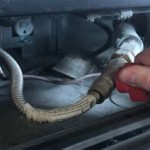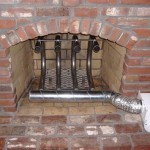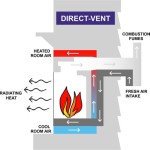Converting a Ventless Gas Fireplace to Vented: A Comprehensive Guide
Gas fireplaces provide warmth and ambiance to many homes, but the choice between vented and ventless options can be a crucial one. Ventless fireplaces release exhaust gases directly into the living space, while vented fireplaces expel them outside through a chimney or other ventilation system. While ventless fireplaces may offer convenience, they can also pose potential health risks if not properly installed and maintained. If you're considering converting your ventless gas fireplace to a vented one, here's a comprehensive guide to help you through the process.
Factors to Consider
Before embarking on the conversion process, it's essential to consider several factors:
- Building codes: Local building codes may regulate the use of vented and ventless fireplaces. Check with your local authorities to ensure the conversion complies with these codes.
- Fire safety: Vented fireplaces offer better fire safety as they remove combustion gases from the living area. This reduces the risk of carbon monoxide exposure and other potential hazards.
- Efficiency: Vented fireplaces generally have higher heating efficiency than ventless models, as they exhaust hot air outside instead of releasing it indoors.
Conversion Process
Converting a ventless gas fireplace to a vented one typically involves the following steps:
- Hire a qualified professional: The conversion process requires specialized knowledge and skills. Hiring a qualified HVAC technician ensures the work is done safely and correctly.
- Install a chimney or vent: A chimney or other venting system must be installed to provide a pathway for exhaust gases to escape.
- Modify fireplace components: The fireplace insert or burner may need to be modified to accommodate the new venting system.
- Connect the venting system: The fireplace insert or burner is connected to the venting system using appropriate pipes and fittings.
- Test and inspect: Once the conversion is complete, the fireplace and venting system should be thoroughly tested and inspected to ensure they operate safely and efficiently.
- Improved fire safety: Eliminates potential hazards associated with ventless fireplaces, such as carbon monoxide exposure.
- Increased heating efficiency: Reduces energy consumption by exhausting hot air outside instead of releasing it indoors.
- Compliance with building codes: Ensures compliance with local regulations and avoids potential fines or penalties.
- Peace of mind: Provides peace of mind knowing that the fireplace meets industry standards and operates safely.
Benefits of Conversion
Converting a ventless gas fireplace to a vented one offers several benefits:
Conclusion
Converting a ventless gas fireplace to a vented one can significantly improve fire safety, heating efficiency, and overall peace of mind. However, it's crucial to consider the factors involved and engage the services of a qualified professional to ensure the process is done correctly. By following the steps outlined above, you can successfully convert your ventless fireplace to a vented one and enjoy its warmth and ambiance while prioritizing safety and efficiency.

Vented Vs Ventless Gas Fireplace Logs

Are Vent Free Gas Fireplaces Safe Ventless

Vented Vs Ventless Gas Logs What S The Difference

Vented Vs Ventless Fireplace Explained Finding The Perfect Fit For Y

Vented Vs Unvented Gas Fireplaces Make The Best Choice Today

How To Select And Install A Gas Fireplace Log Set Fireplaces Direct Learning Center
Gas Fireplace Venting Explained Heat Glo
Gas Fireplace Venting Explained Heat Glo

Replace Your Wood Burning Fireplace With A Ventless One

I Built A Fireplace Easier Than Thought
Related Posts

